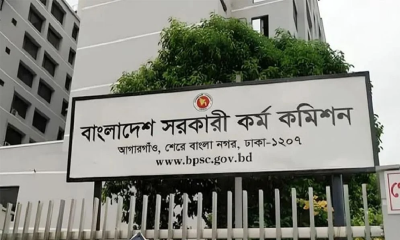Even small mistakes in your CV can become major obstacles to landing your dream job.
In today’s competitive job market, a well-crafted, professional, and relevant CV is essential.
Yet, many candidates make avoidable errors that can leave a negative impression on recruiters and raise doubts about their professionalism.
Here are ten common mistakes to watch out for — and avoid — when preparing your CV:
Spelling and Grammar Errors
A single spelling mistake can signal carelessness and a lack of attention to detail. Correct spelling, punctuation, and grammar reflect professionalism and confidence.
Generic, Copy-Pasted Career Objectives
Vague statements like “To work in a challenging environment…” fail to show your true career goals or skills. Instead, write a concise, specific objective tailored to the role you’re applying for.
Overly Designed CVs
Excessive colors, fonts, and graphics can distract from the content and make important details harder to find. Stick to a clean, simple layout with readable fonts and sufficient spacing.
Irrelevant Courses or Seminars
Listing unrelated training can confuse recruiters and dilute your CV’s focus. Only include courses that enhance your skills for the position.
Not Being ATS-Friendly
Many companies use Applicant Tracking Systems (ATS) to scan CVs for keywords related to the job description. Without these keywords, your CV may never reach a recruiter’s desk.
Repetitive Phrasing
Repeating phrases like “Managed this” or “Responsible for that” can make your CV dull. Use varied and dynamic language to describe your experience.
Providing Excessive Personal Details
Information such as date of birth, religion, nationality, or parents’ names is rarely relevant and can unnecessarily lengthen your CV.
Inconsistent Fonts and Formatting
Mixing different font types or sizes creates a cluttered, unprofessional look. Maintain consistency in style, size, and formatting throughout your CV.
Including Unnecessary Personal Information
Details about family background, religion, or siblings are irrelevant for most jobs and take up valuable space.
Unreliable References
Avoid listing relatives or acquaintances who cannot professionally vouch for you. If you choose to include references, ensure they are relevant, credible, and have given permission. Otherwise, a simple “References available upon request” is sufficient.
A CV is often your first impression on a potential employer — make sure it’s polished, relevant, and error-free to stand out in a crowded field.














-20260221022942.jpg)
-20260221022827.webp)







-20260220065859.jpeg)















